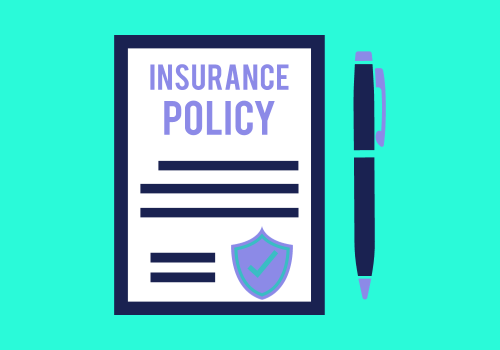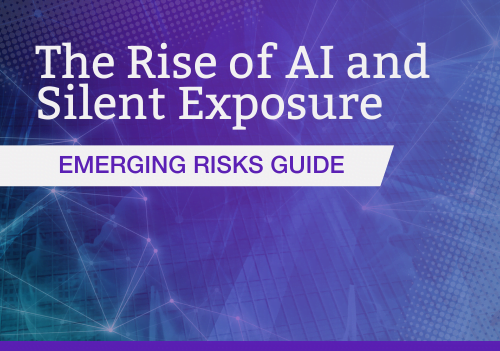Upon completing the Certified Cyber Insurance Specialist (CCIS), Val Jordan breaks down cyber risks for insurance carriers, through a detailed industry analysis, pinpointing the areas vulnerable to cyberattacks.
Insurance carriers are prime targets for cyberattacks due to their size, scope, and the vast amounts of data they have access to. The industry as a whole is antiquated – housing old legacy systems, and third-party providers. Systems are daisy-chained together opening a breach to the entire enterprise’s systems. However, as carriers move to online portals, online policy applications, and web and mobile-based apps for filing claims, the proper security protocols and safety mechanisms are not being implemented, opening these companies up to cyberattacks.
A big cyber risk is going to market too quickly with a new customer service tool while not building in the security to protect customer information.
Potential Cyber Risk for Insurance Carriers
Insurance carriers face several cyber risks. To begin, the advent of COVID-19 and remote workforces have highlighted a new vulnerability, phishing emails, which have spiked over 600%. Internal cybersecurity threats include lack of cybersecurity training, outdated software, improper cloud and application security practices, mismanagement of confidential data, and no contingency plan. Additionally, some insurance carriers do not have a CISO and rely totally on a CIO, thus there is no enterprise oversight nor enterprise risk management. Furthermore, 88% of insurance companies claim they use a third-party provider to perform certain critical aspects of their operations. Threat actors can access systems through a compromised vendor, endangering systems and leaving a carrier at risk of a cyber breach.
Recent Cyberattacks on Carriers
Insurance carriers have documented breaches of social engineering attacks, ransomware attacks, cloud exploits, state-sponsored threats, hacktivists, and poor security. In recent years, Chubb, the world’s largest publicly traded insurer, was hit by a ransomware attack. The Maze ransomware, a particularly sophisticated variant, spread like wildfire throughout their network.
Zurich, another large insurance carrier, suffered a data breach that exposed auto policyholders’ PII and policy information for both current and former customers. The data breach only affected Japan which included last names, dates of birth, genders, email addresses, policy numbers, customer IDs, vehicle names, grades, and other insurance-related information.
Technology Used by Insurance Carriers
For insurance carriers, legacy systems, property and casualty raters, claims processing, and bill pay systems are all subject to short-term cyberattacks that could result in a compromised system and stolen information. Attackers have learned to leverage encryption and other advanced attack techniques so that traditional tools like firewalls, antivirus software, intrusion detection systems (IDS), and intrusion prevention systems (IPS) are becoming less effective.
Employing artificial intelligence (AI) and machine learning (ML) can significantly help insurance carriers protect against malware, ransomware, and Advanced Persistent Threats (APT). These new technologies can quickly analyze large amounts of data making them well-suited to detect any deviation from an expected or prescribed pattern in data behavior. They can be used to monitor data workflows and respond to attacks immediately.
In conclusion, the insurance industry employs over 2.8 million people as of 2019. There are 1.6 million insurance companies, and 1.2 million agencies, brokers, and other related enterprises. You can see the magnitude of this industry and why cybercriminals have their minds set on cyberattacks. Security is an open issue with remote work, online applications, and claims making it more crucial than ever that insurance carriers address the cyber risk in their industry.







